As parents, we want to make sure we're feeding our kids healthy foods, but we realize it isn't all that simple. There are some fruits, veggies, and meats that are best bought organic in order to steer clear of pesticides, growth hormones, and antibiotics. But are all of these "natural" labels worth the hype? The answer is a resounding yes. We spoke with an expert who explains just how important it can be to make sure that a baby is eating the right foods.
Make no mistake, says Jennifer Glockner, registered dietitian nutritionist and creator of Smartee Plate, "overall, organic foods are not more nutritious than conventional foods," but when we feed baby organic food, we can feel confident it's not a GMO and that it has less pesticides, hormones, and antibiotics than its non-organic counterpart. "Just because fruits and vegetables are organic doesn't mean that they don't have any pesticides," she explains. "Some pesticides, unfortunately, exist environmentally."
An organic label means that fertilizers used in farming that food isn't synthetic, and it's not irradiated. The amount of pesticide residue "varies by geography and year," says Glockner. "Washing and scrubbing produce removes some pesticide residue from the outer surface but cannot remove residue that penetrated the produce during growth." It's also good to buy domestically grown produce, since imported produce may have a different pesticide profile.
Wondering why this is important for baby? Babies have different metabolism patterns, which means toxins are able to stay in their bodies for longer periods. Because they're young and their organs are still developing, exposure to chemicals and pesticides may affect development. Glockner says, "Kids eat more food relative to their body weight than adults do, so they get a higher concentration. And studies show that GMOs may cause more allergies in kids."
So for those who are trying to limit baby's intake of bad stuff, but can't commit to going completely organic, here's what they can focus on.
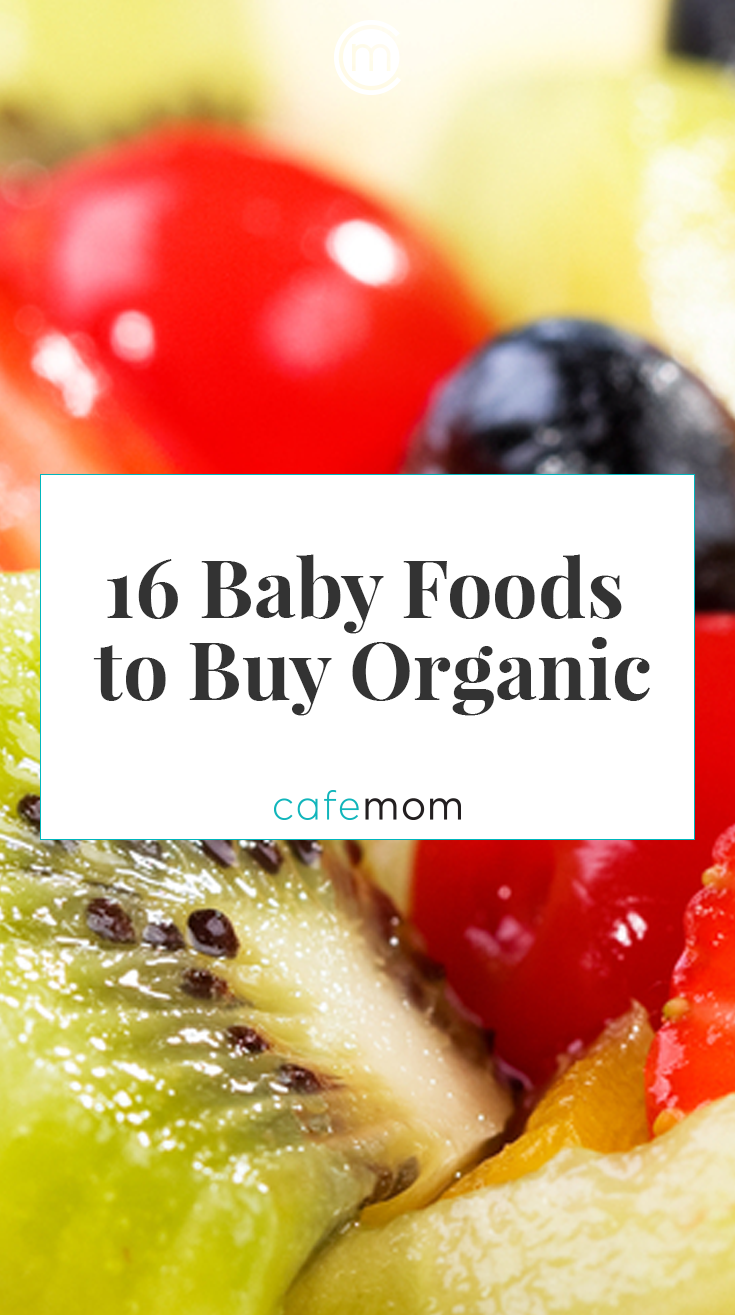
Apples and strawberries
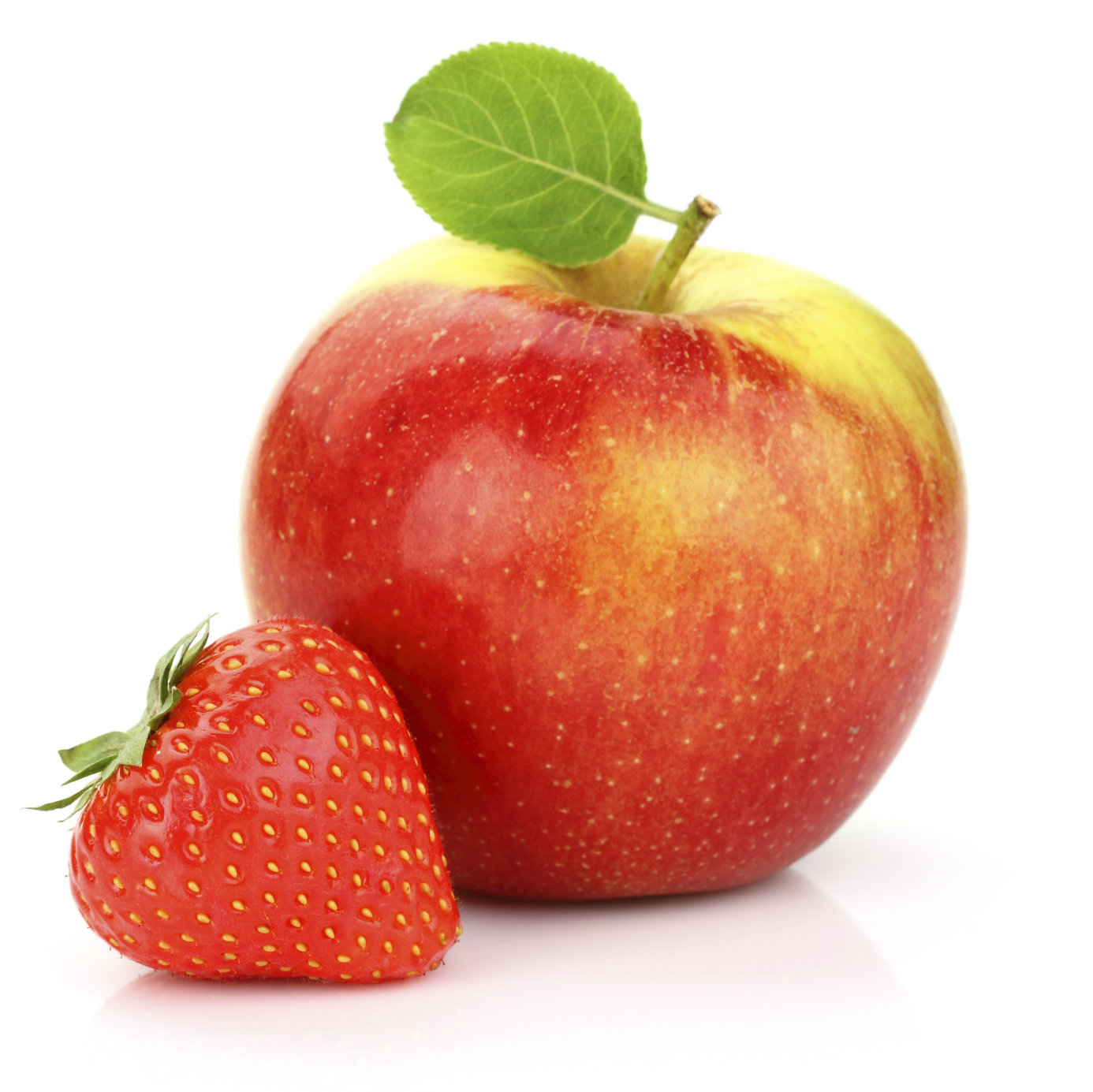
Conventionally grown strawberries are often grown with large amounts of pesticides, as are apples, which are sprayed with chemicals often while they're growing. Because we eat the whole strawberry and apple skin (usually) and because pesticides can seep into the fruit, it's best to go organic to avoid those toxins.
Peaches, pears, and nectarines
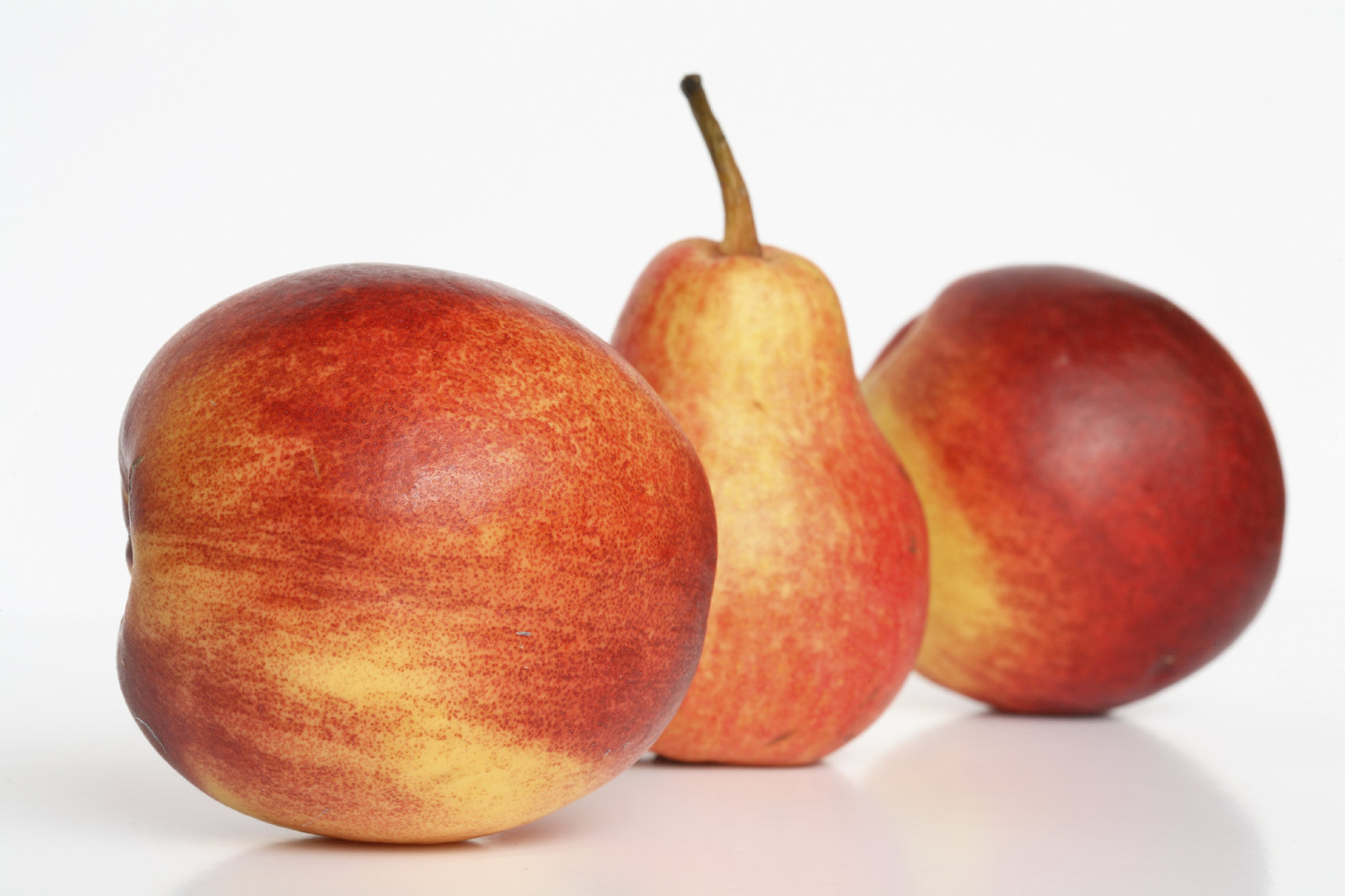
Pests love peaches, pears, and nectarines as much as babies do, and so farmers who do not adhere to organic growing spray these fruits with highly toxic chemicals to keep the bugs away.
Baby formula
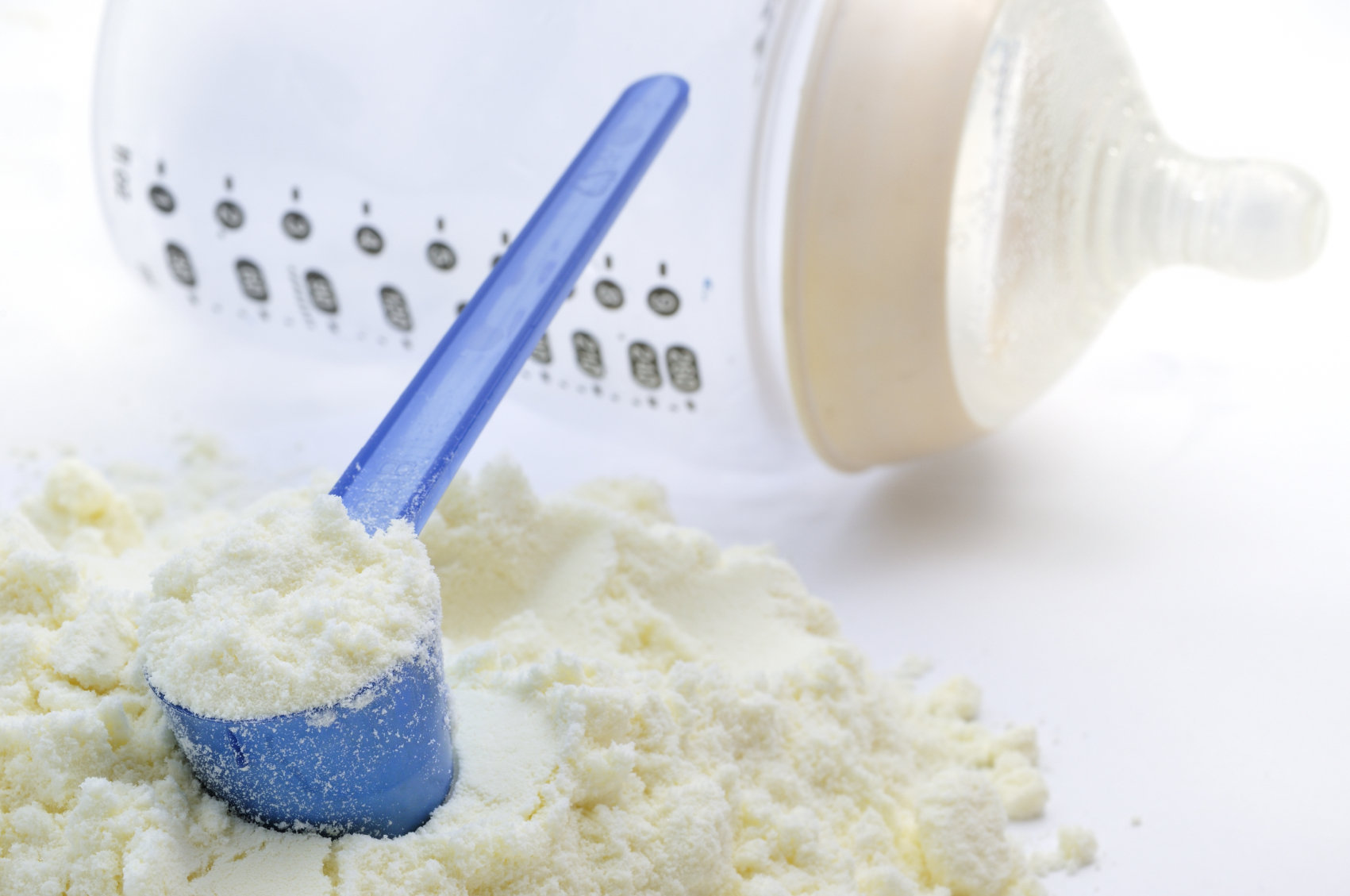
When it comes to formula, Glockner said, "Theoretically, it may be better to purchase organic formulas because the ingredients are organic (no synthetic pesticides and no GMO ingredients). However, organic does not always mean safer ingredients. Make sure to read ingredient labels carefully and discuss your formula choice with a pediatrician."
Grapes and cherries
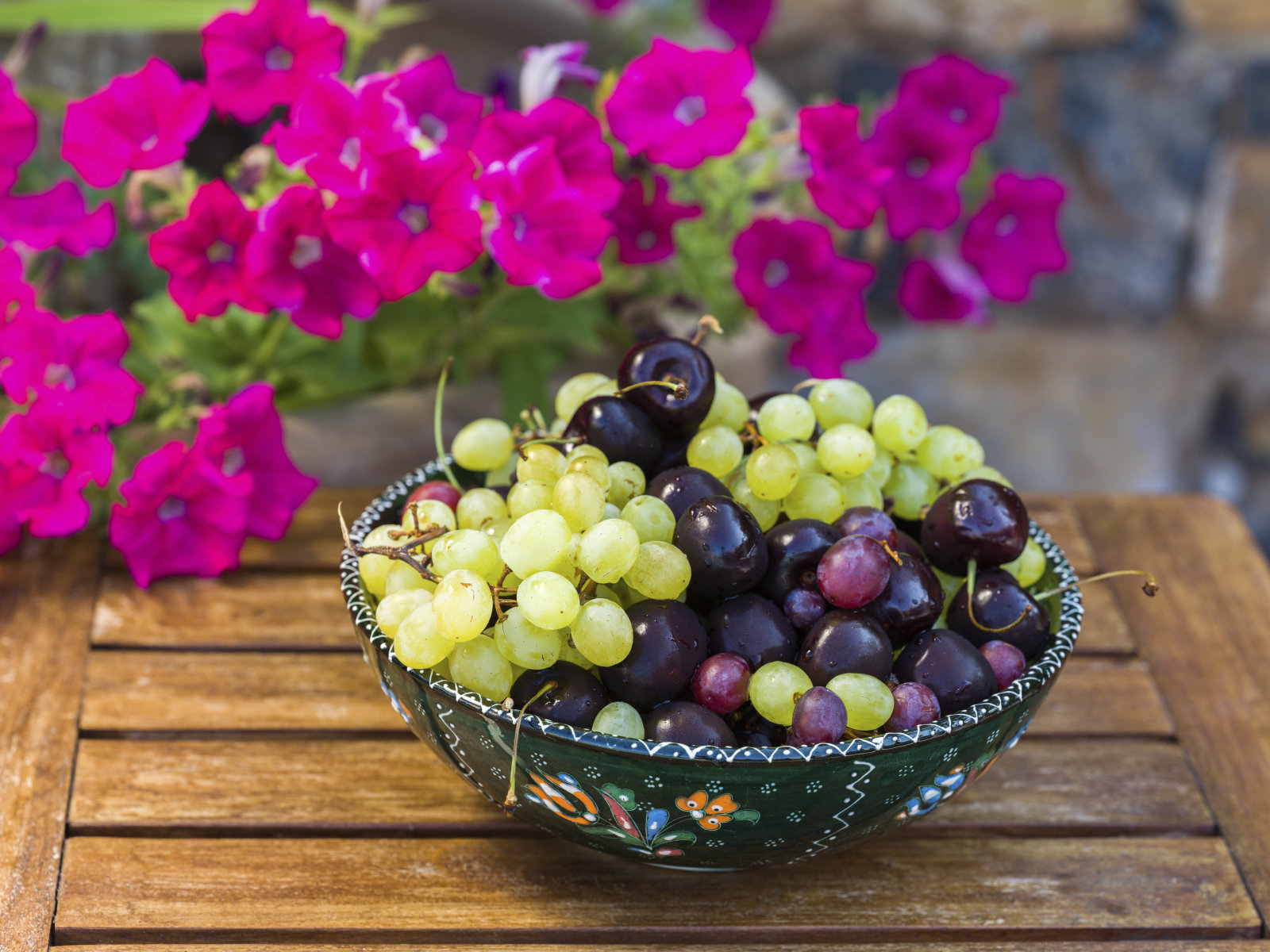
In a non-organic setting, grapes and cherries are sprayed often and a lot, since they're easy targets for bugs, landing them both on the Environmental Working Group's "Dirty Dozen" list — the 12 types of produce that contain the most pesticides when not grown organically.
Green beans
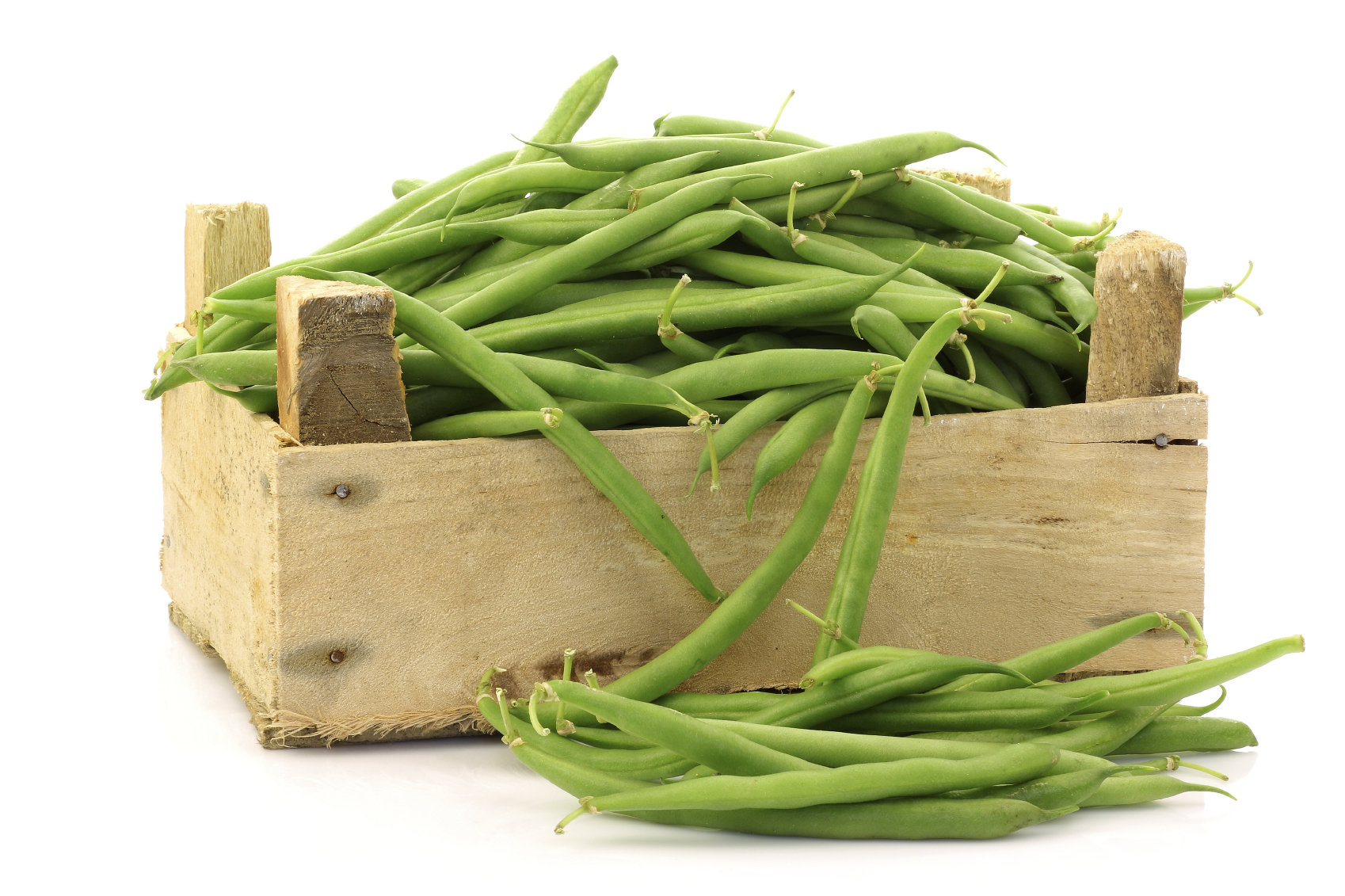
Over 60 pesticides are used in the growing of conventional green beans. Even if you purchase organic, wash your beans very well.
More From The Stir: 8 Tips for Buying Organic Food & Saving Some Green in the Process (VIDEO)
Sweet bell peppers
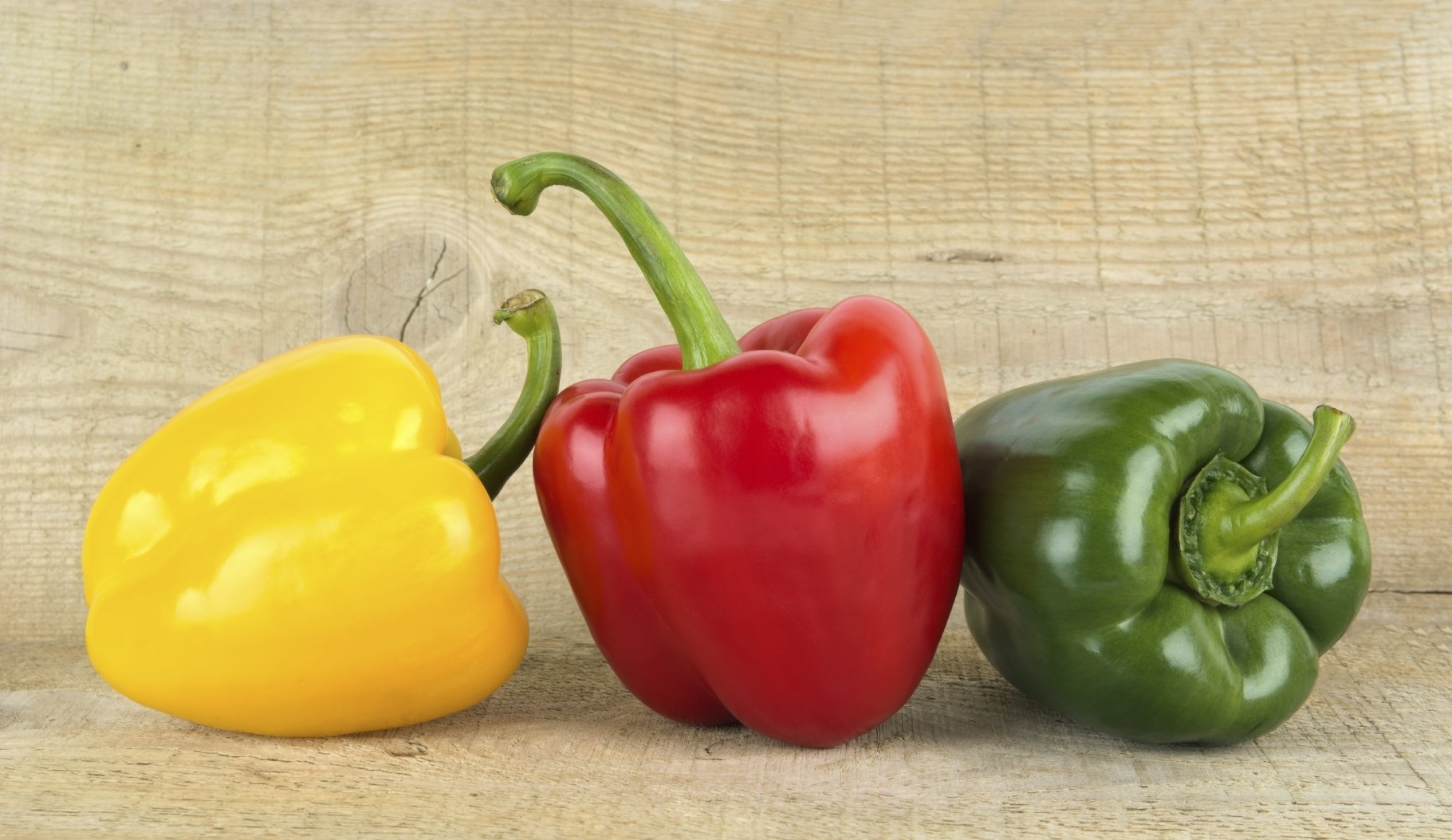
The toxicity levels in bell peppers are very high when they're not organic because over 50 chemicals are used in their growth.
Leafy greens
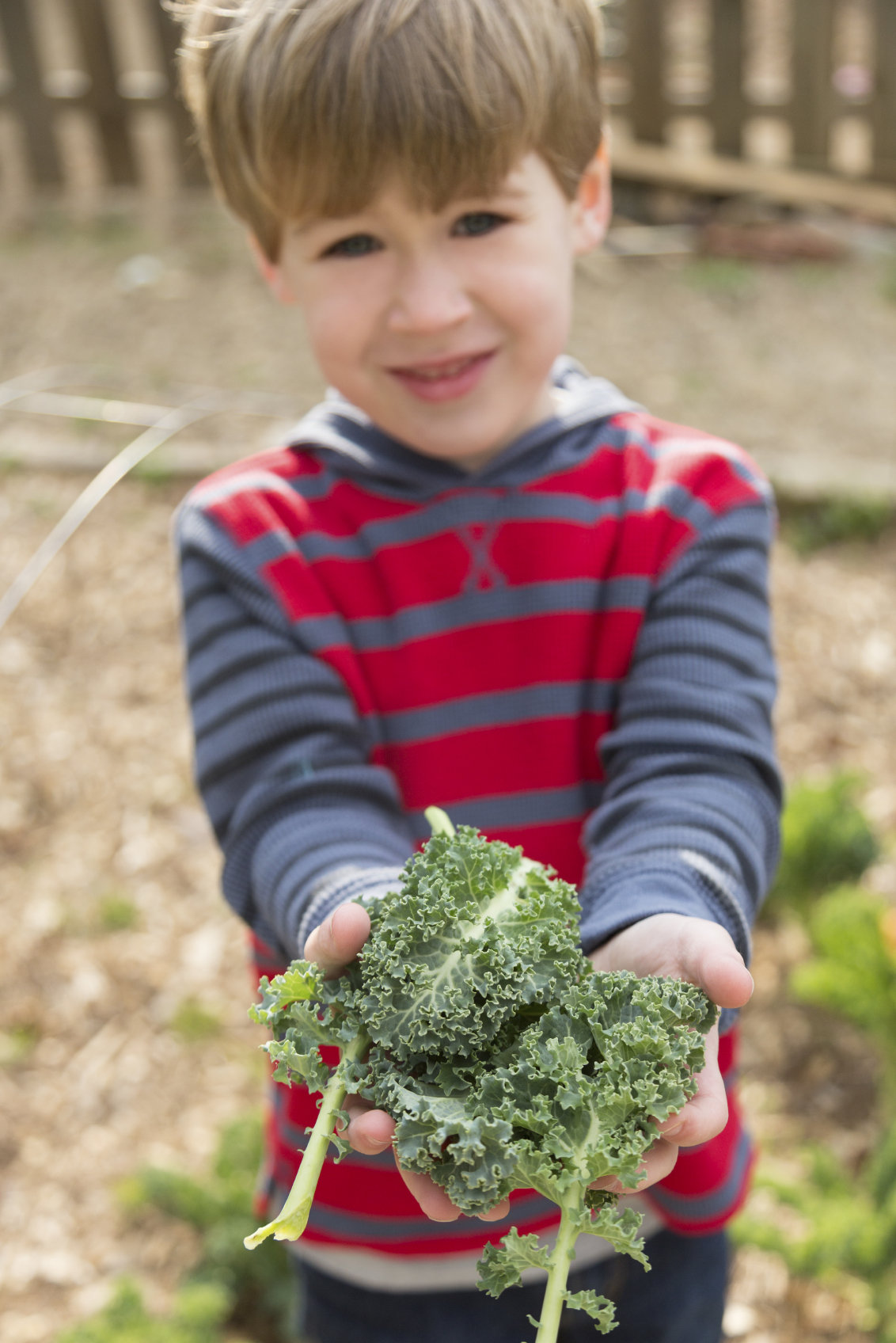
Leafy greens include kale, collard greens, and spinach. Because of their texture, these green veggies can hold the chemicals in, and they often can be difficult to wash thoroughly. These are good organic purchases to make, and well worth the extra money.
Summer squash
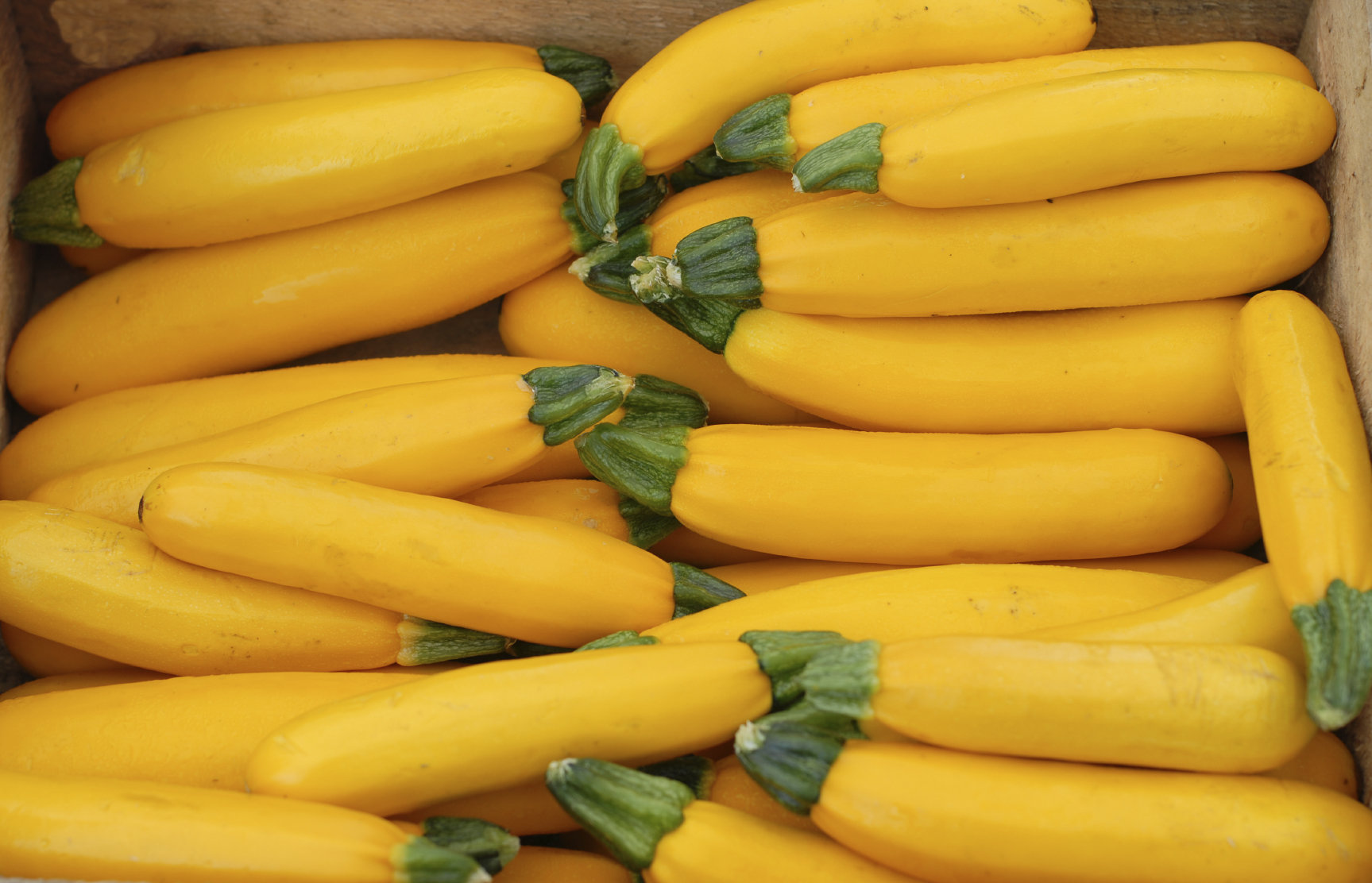
Summer squash was added to the dirty dozen (which is now more than a dozen) because of the nature of the vegetable. Pesticides stick to it and seep in, making organically grown summer squash safer.
Potatoes
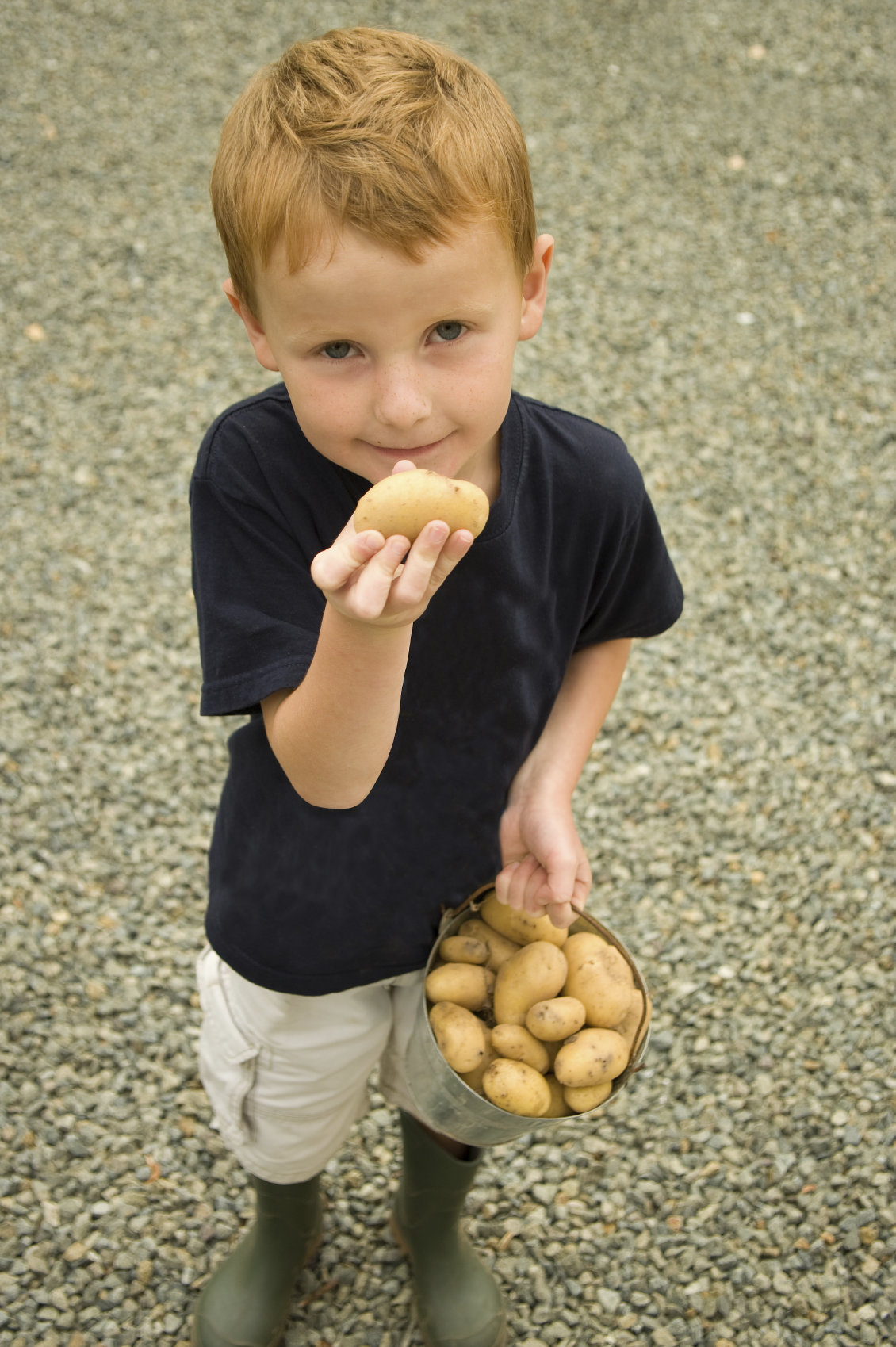
Foods that grow in the ground can be especially susceptible to potentially harmful toxins. Potatoes can store the harmful toxins, so go organic.
More from The Stir: Natural & Organic Baby Products: What to Look For
Tomatoes and cucumbers
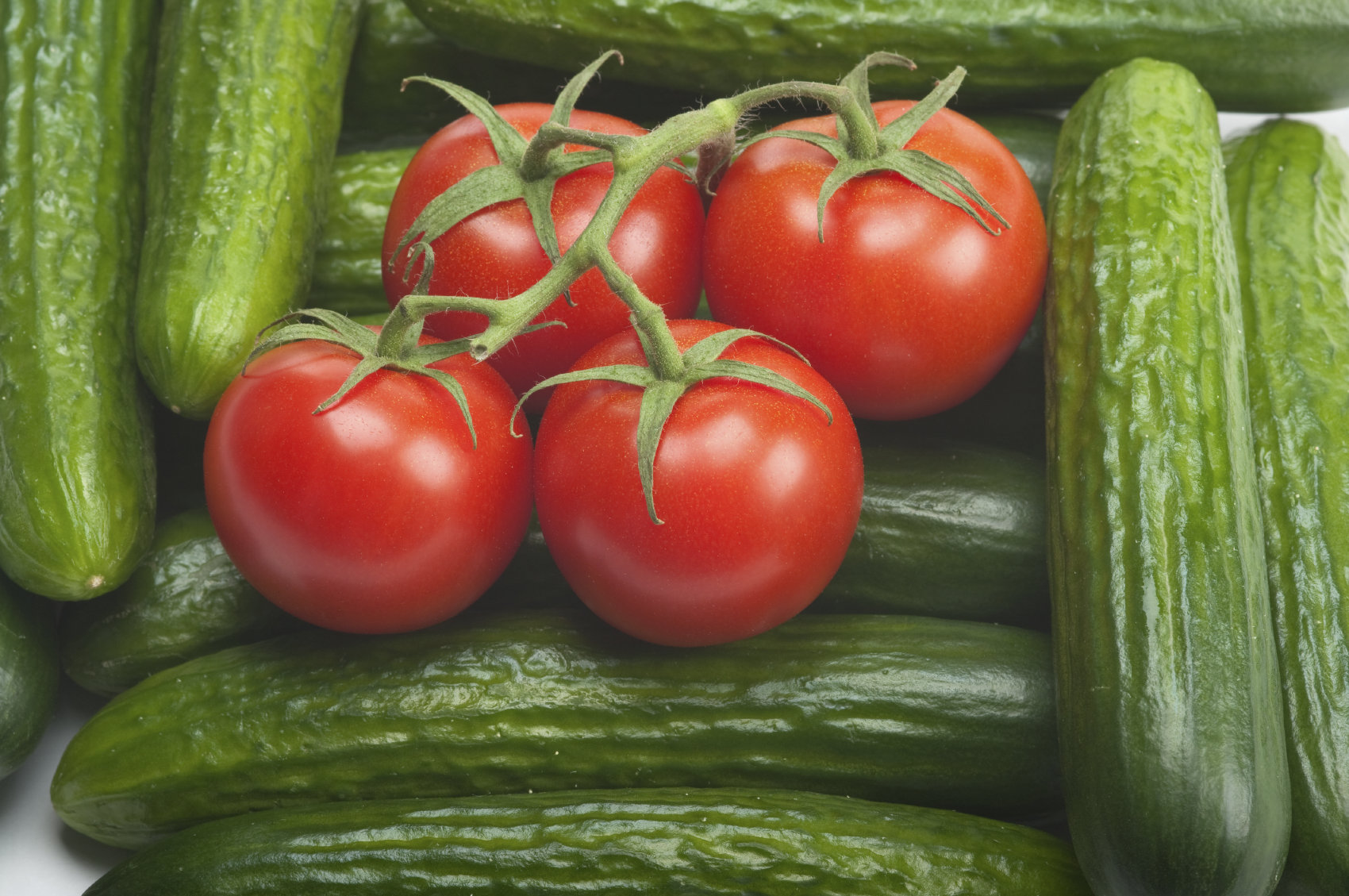
Many pesticides are used in the growth of conventional tomatoes and cucumbers, and they seep in, even if you peel them.
Celery
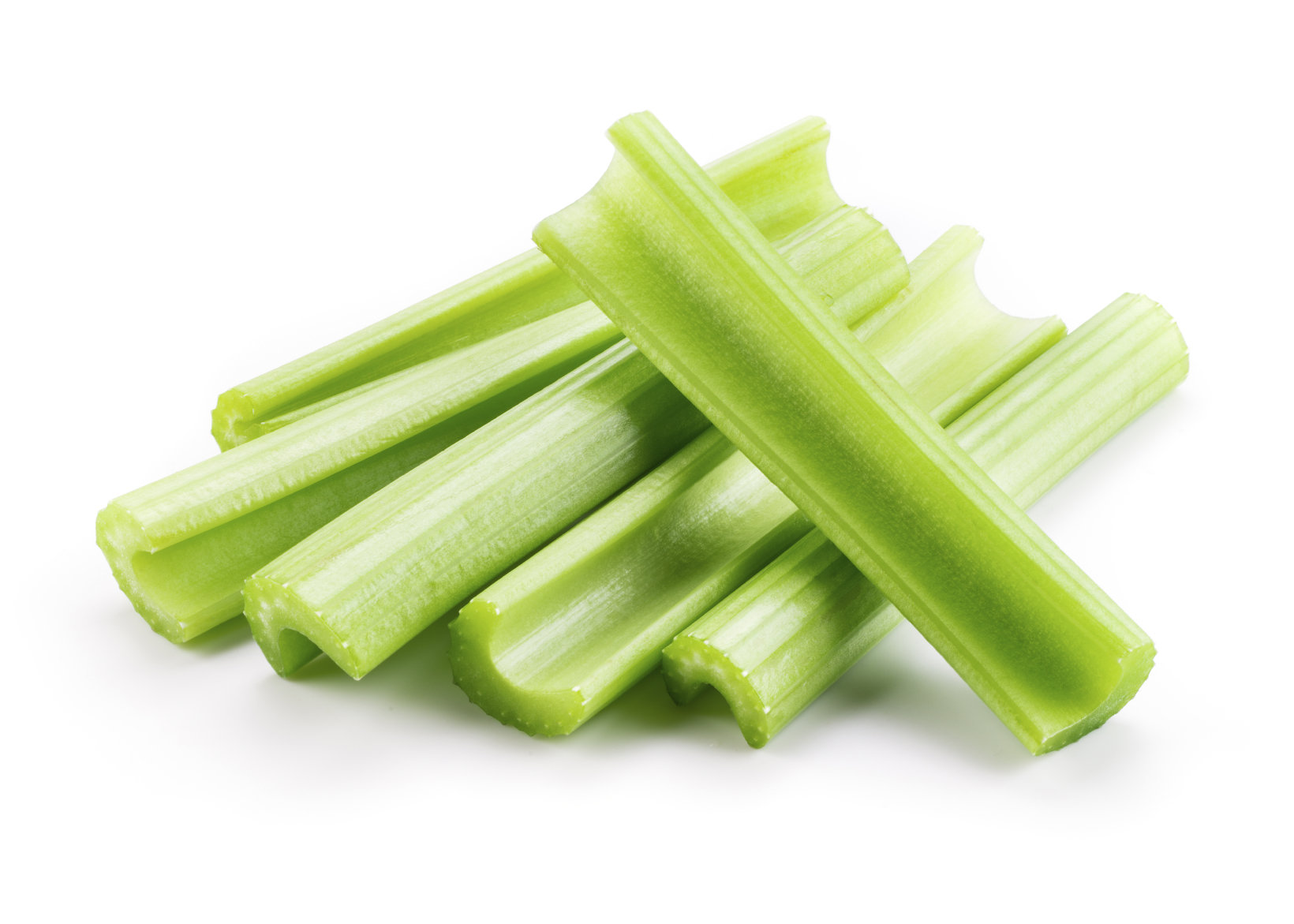
Celery is a great snack for kids (good for teething, too) and is safest when organic because it's a very absorbent vegetable. The water inside it holds potentially harmful pesticides.
Milk

Did your toddler switch to milk? Consider buying it organic too. "Organic milk has no growth hormones or antibiotics," said Glockner. "Cows are fed organic feed, and have access to outdoors. Preferably for kids, milk should be organic or free of rBGH and rBST [growth hormones]."
Meat and poultry
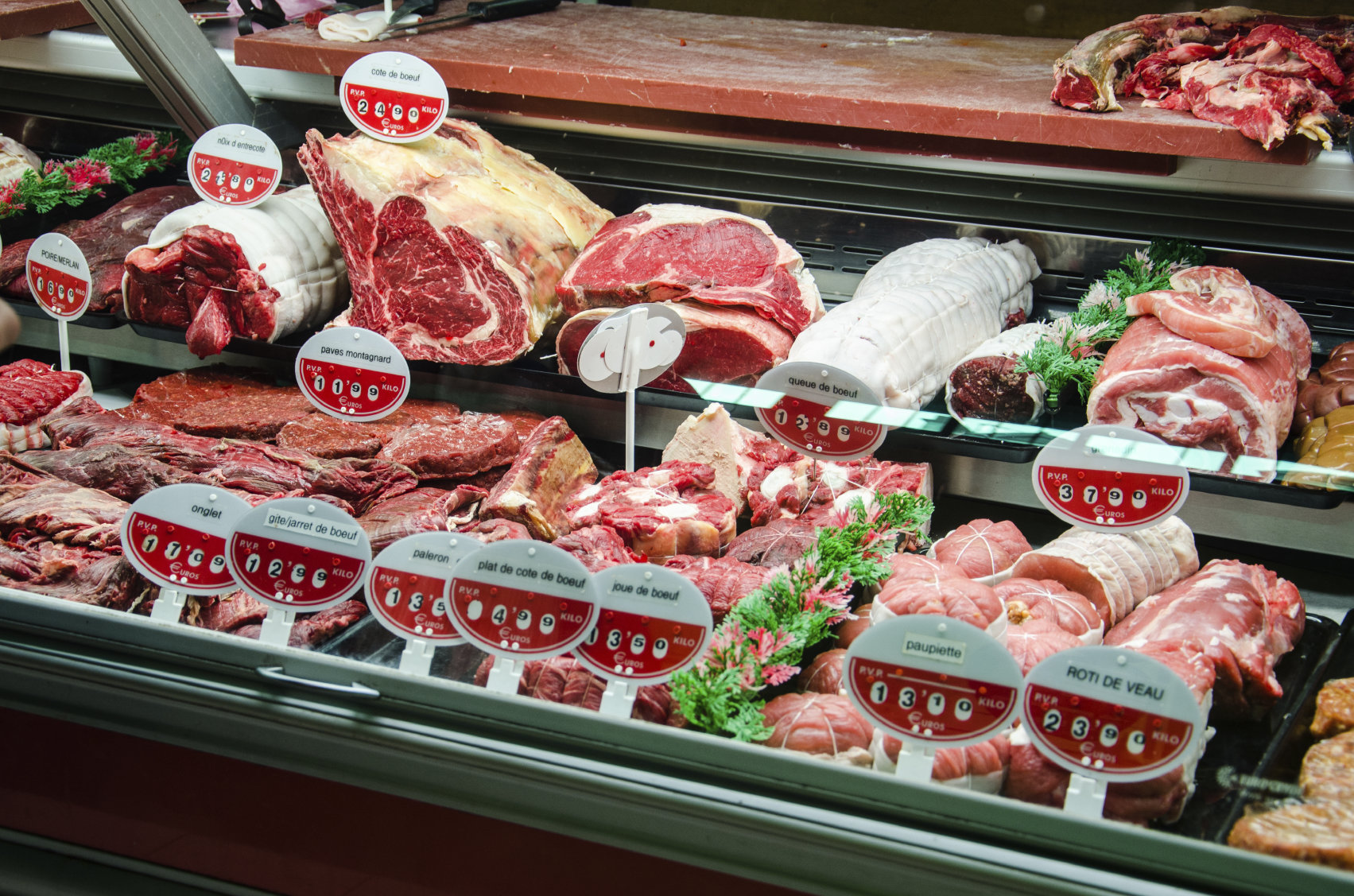
Organic meats and poultry have no growth hormones or antibiotics — they are also not irradiated. Glockner adds that the "animals are fed organic feed, are not fed animal by-products, and have access to the outdoors. Since pesticides are stored in fat, at least choose organic for fatty meats and poultry (i.e., chicken thighs). Pesticides stored in fat is another reason to trim fat and skin in addition to heart health."
Peanuts and peanut butter

Peanuts have soft, porous shells and so more pesticides get absorbed. Glockner suggests that peanuts and peanut butter be organic.
More from The Stir: Three Simple Changes You Can Make to Live a Healthier, More Organic Life
Soy and soy products
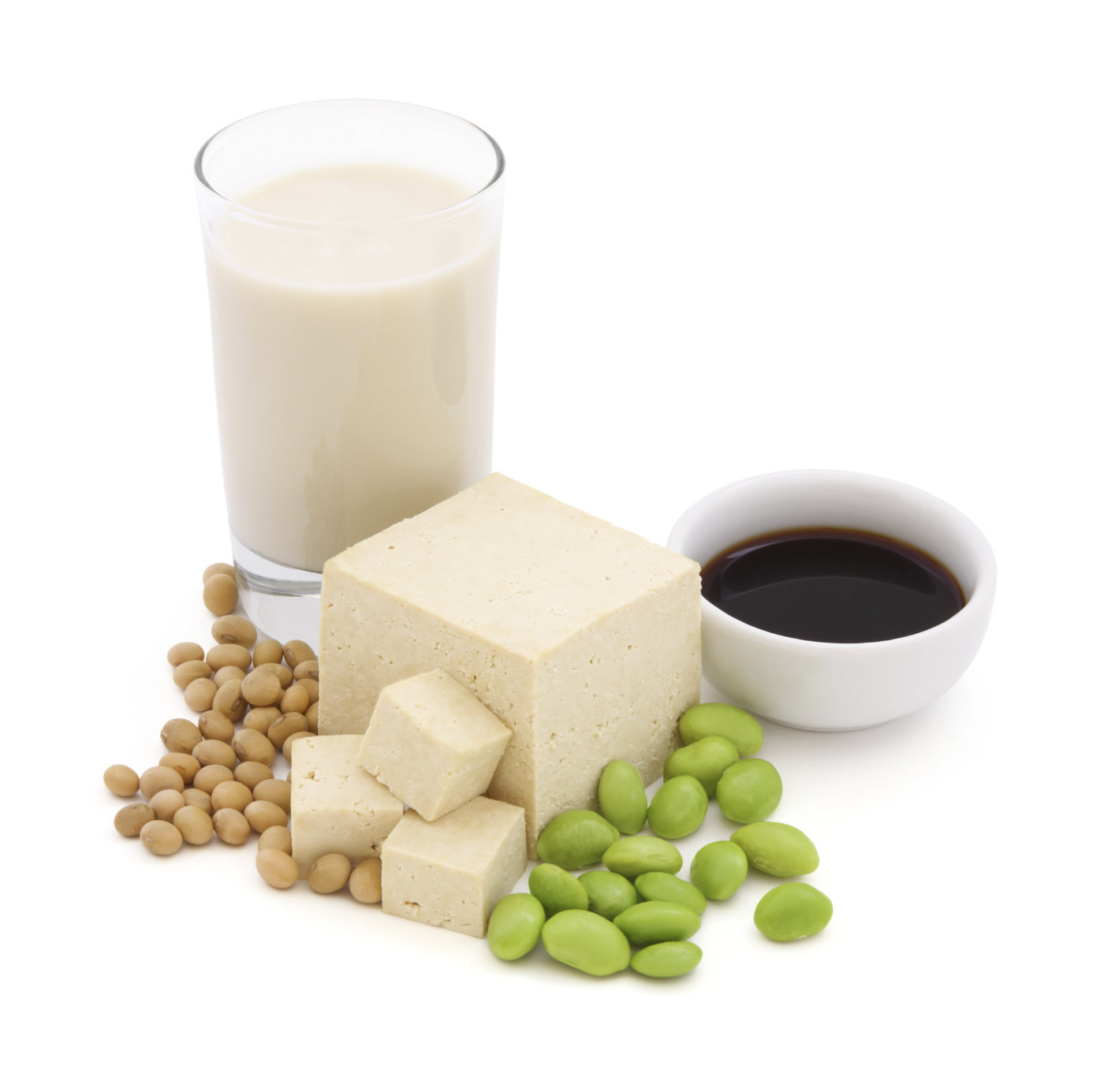
Conventional soy products may have GMO ingredients.
Eggs
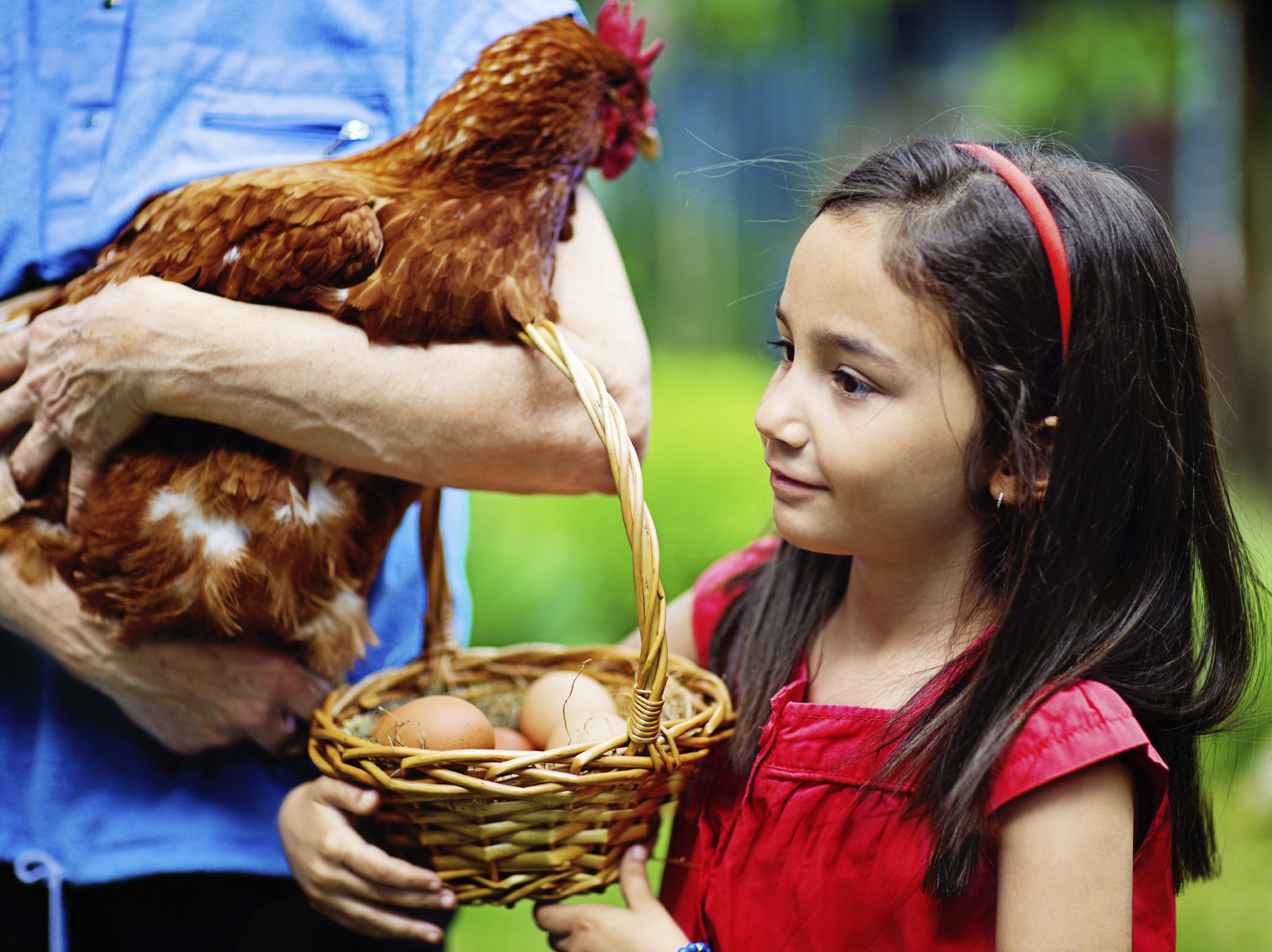
When you buy organic eggs, there are no growth hormones or antibiotics, and the chickens are fed organic feed. "However, they are not necessarily cage-free or free-range," said Glockner. You can check the carton label for additional notation of that.
Free-range means that the hens are allowed to roam outside and feed themselves things like grass and bugs, rather than being fed grains. Pasture-raised is even better because the hens get more access to the outdoors (much bigger outdoor space and more time outdoors). Glockner said, "Hens that are allowed to feed themselves outdoors are healthier because their diet is richer in nutrients. The eggs, therefore, are potentially richer in vitamins such as A and E, minerals, and omega-3s, and they may have less saturated fat."




